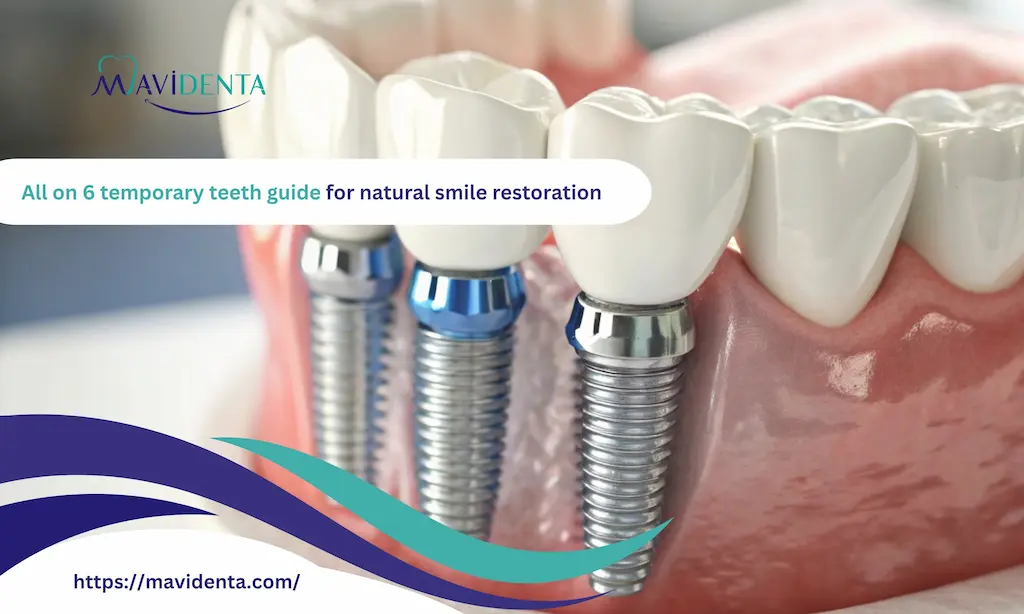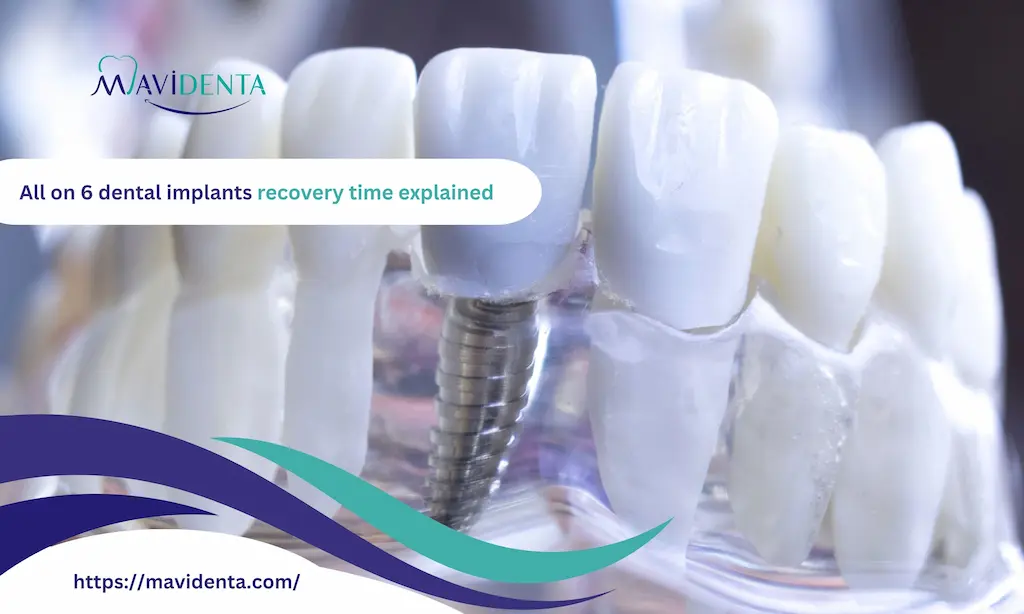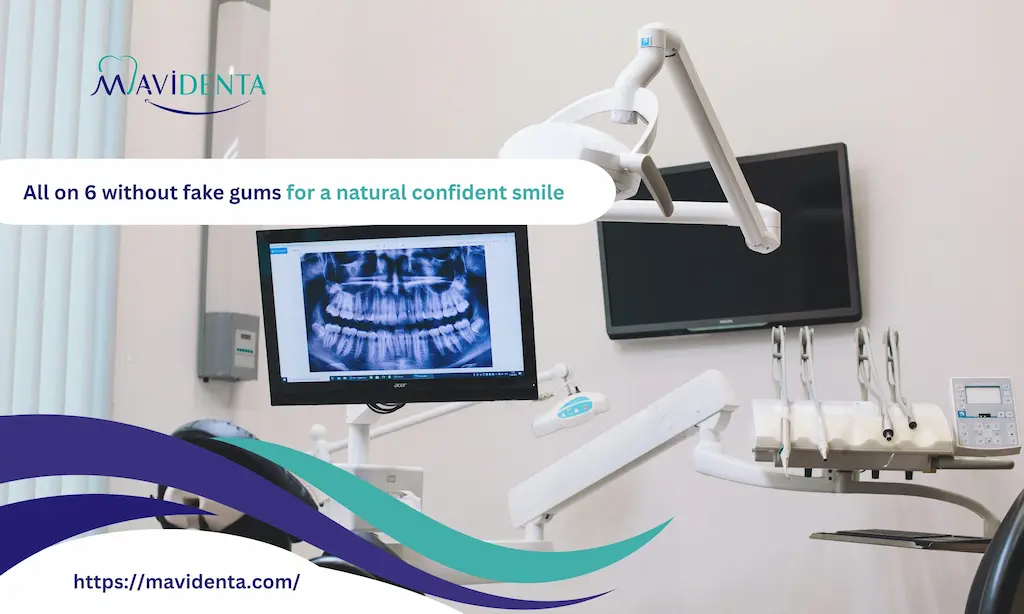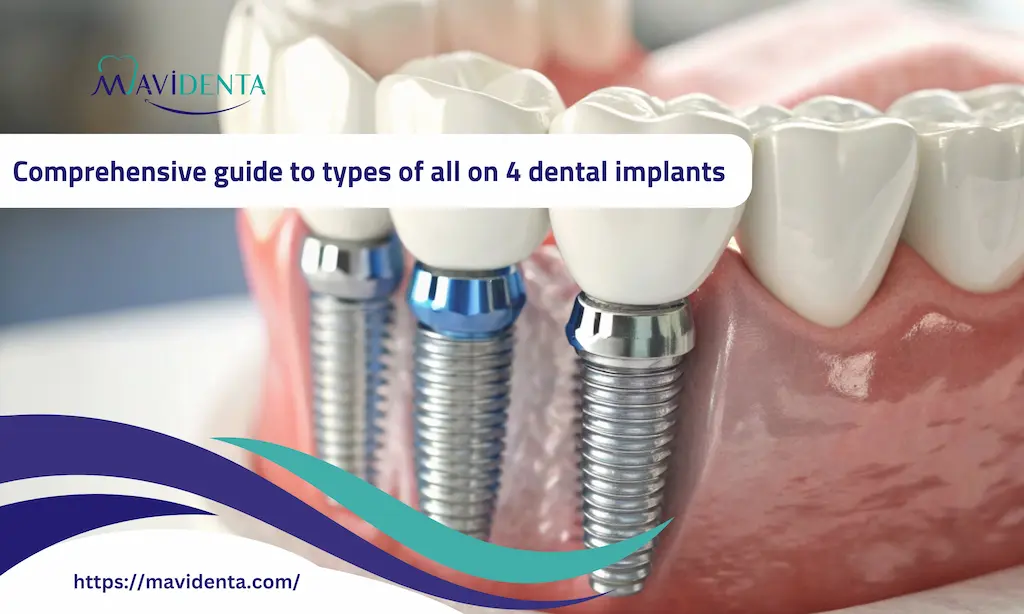Although awareness of dental healthcare has increased significantly, most people still suffer from dental problems such as tooth loss, gingivitis, tooth decay, etc. In the early days, dentures or bridges could only replace missing teeth. However, with the rapid advancement in dental technology, advanced dental implants are now available.
Dental implant surgery is a standard and safe procedure and a suitable replacement for missing teeth. The jawbone condition and other health factors determine whether dental implant surgery can be performed. In the following paragraphs, we will discuss How Long Does Numbness Last After Dental Implant.
What is a dental implant and why does it cause numbness?
Speaking of how long numbness lasts after a dental implant? Dental implants are artificial devices a dentist places in a patient’s jawbone. They are permanent fixations consisting of titanium screws that are surgically implanted into the jawbone below the gums to replace missing teeth.
Dental implants consist of three parts – Crown, Dental brace, and implant/graft.
- Benefits of dental implants: Dental implants have been proven to be an effective long-term solution for tooth replacement. If a person is missing one or more teeth, they may need a dental implant to fill the gaps between teeth.
- Dental implant procedure: The surgery involves several steps that require the jawbone to heal appropriately around the implant site (known as osseointegration), holding the implant to the gum line like natural teeth. Implants are placed inside the jawbone via a surgical procedure and act as the “root” of the artificial tooth.
- Implant materials: Titanium is the first choice for this procedure because it successfully fuses the implant with the jawbone, stays firmly in place, and will not become damaged like some bridgework.
Dental implant surgery is a dental procedure that replaces missing or damaged teeth with artificial teeth that look like natural teeth. This process can be a welcome alternative to ill-fitting dentures or bridges.
How to Choose the Best Dental Implant Clinic in Istanbul?
How common and serious is numbness after dental implant surgery?

There are many patients who wonder how long does numbness last after dental implant ? and express concerns about the risks of persistent numbness. Complications of numbness include:
Jaw muscle spasm:
This happens if the patient feels a spasm in the muscles responsible for chewing in the jaw and faces difficulty in opening the mouth. Treatment for this seems simple, as the doctor can prescribe antibiotics, medication to relax the muscle, use hot water compresses for a third of an hour.
Use analgesics and physical therapy by constantly opening and closing the mouth, or chew gum to stimulate the backward movement of the temporomandibular joint and repeat this for ten days until the condition disappears.
Lip biting:
The lip may be bitten as a result of the patient trying to bite his lip involuntarily while under the influence of anesthesia, which leads to swelling of the lip after the anesthesia.
This is common in children, so the advice is to refrain from eating any food (except drinks) until you feel the anesthesia wear off, but what if? If you forgot to eat, then you can resort to taking a special antibiotic and using an emollient lip ointment.
Pain during dental anesthesia:
The patient’s potential feeling of pain when the dentist administers a local anesthetic injection is due to the following reasons:
- The anesthesia solution is injected quickly, which leads to immediate swelling, with the color of the anesthetized area changing to blue and white, which causes severe pain, but it goes away as soon as the anesthesia ends.
- Using a previously used needle, as the doctor must use the needle only once and throw it away immediately, and refrain from using it again for any other patient, regardless of the reasons.
Pain as a result of non-sterilization:
It is the absence of the use of a local anesthetic or sterile to the place where the needle is inserted in the site intended to be anesthetized. To avoid the causes of this, you should avoid doing so, and in the event of increased pain, you should take a general analgesic.
The effect of dental anesthesia persists for a period of time after the end of treatment:
In certain cases, some patients complain of their continued feeling of anesthesia for a few hours, days, or sometimes weeks.
The reason for this is due to the process of bruising the nerve with the anesthesia needle, or causing blood bleeding pressing on the nerve. This condition may go away after several days, and one must be reassured.
The patient is informed that there are no risks resulting from continuing anesthesia, and sometimes vitamin B12 is prescribed to him if there is a need to speed up the nerve’s recovery.
Inflammation after dental anesthesia:
Inflammation or abscess formation may occur as a result of using a previously used needle, or not covering it before injection, which leads to it being contaminated with an infection causing such as bacteria.
Sometimes swelling of the face may occur after dental extractions as a result of inflammation or abscess formation, and this is treated with appropriate antibiotics.
Dental gingival paralysis:
The seventh cranial nerve is one of the nerves that move the facial muscles, and temporary facial paralysis may occur due to lateral anesthesia, due to the injection of the anesthetic solution into the parotid gland specifically after the injection of the lower jaw.
If the doctor pushes the needle too far back and it enters the parotid gland, this may lead to the dental anesthesia reaching the facial nerve, causing the facial muscles to relax on the numb side with symptoms similar to those of seventh nerve paralysis.
read more: Dental implants full mouth cost.
What are the factors that affect the duration and severity of numbness?
Speaking of how long does numbness last after dental implant ? In traditional cases, dental implants are performed using local anesthesia, which numbs the nerves of the gums and bones in the jaws. The patient tolerates the operation well with little discomfort in this type of anesthesia without the need for a higher level of anesthesia.
But in some other cases, it is possible for the doctor to use complete anesthesia during the dental implant procedure. In complete anesthesia, anesthesia is not limited to pain-relieving medications only, but also sedatives and hypnotics are used.
When using complete anesthesia for dental implants, the doctor can use pain-relieving and sedative medications without using hypnotics, which greatly calms the patient in addition to preventing the feeling of pain.
Although the patient does not sleep completely, he will be in a state of extreme sleepiness until To tend to sleep during the operation.
Read more: What is a dental implant made of?
How Long Does Numbness Last After Dental Implant?
While dental implant surgery involves anesthesia, the numbing sensation is temporary. Local anesthesia typically wears off within 1-4 hours after the procedure. However, minor lip or chin numbness might linger for 24 to 72 hours. If numbness persists beyond this timeframe, it’s essential to consult your dentist to ensure proper healing and rule out any potential complications.
How to prevent, treat, and cope with numbness after dental implant surgery?

Dentists use local anesthetic injections in many cases, which may cause a feeling of numbness in the face, tongue, and lips for a period ranging between 3 to 5 hours after the doctor finishes the treatment.
This may increase in certain cases, which causes discomfort to many, but this numbness goes away. Naturally, the following are some ways that may help get rid of toothache quickly:
Injections that counteract the effect of anesthesia:
Some people ask how long does numbness last after dental implant ? to speed up the disappearance of the effect of anesthesia, as these injections shorten the time it takes for the face to automatically return to normal by half.
But it should be noted that these injections are often not cheap, and some cases may require specific precautions or may be not allowed in some cases.
So it is recommended to talk to the doctor about the possibility of taking it. It should also be known that these injections do not make the numbness disappear suddenly, but will only speed up the process.
Massage with warm compresses:
Raising the temperature of any area of the body helps increase blood flow and speed up the recovery process from many problems that the patient may suffer from in that area.
Therefore, it is recommended to make warm compresses on the face and lips to help increase blood access to those areas, which may help get rid of teething problems quickly.
It is also recommended to massage and apply gentle pressure, as this process also helps to increase the flow, but this pressure and massage should be avoided if the area in question is swollen.
And the affected area itself should not be pressed directly, and the hands should also be washed well with soap and water before massaging the face and the areas where it is affected. The patient feels numbness after washing as well.
Walking and doing some light exercise:
Performing light exercises, such as walking and other things, helps to get rid of dental pain quickly, as these exercises help improve blood circulation and increase blood flow.
Which helps break down narcotic substances and get rid of them quickly, but you should consult a doctor before performing these exercises to ensure that they are safe. Performing it, and knowing the most appropriate time to perform it.
Sleep for a few hours:
Sleep always helps to avoid the pain that a person feels, as it may act as a truce or an anesthetic from the feeling of pain, and in contrast to what we mentioned about the advantages of walking in helping to get rid of toothache quickly.
Sleeping for a few hours may help to isolate yourself from the world and stop thinking about the presence of a numb part of the body. Upon waking, the patient will not often feel any numbness, as the hours that the body requires to recover naturally may have passed.
Wash the mouth with water and salt:
Water rinsing with salt is used in many dental cases, because it has anti-inflammatory and other properties. It is also considered a mouth disinfectant.
And can be used to relieve the feeling of numbness in it and speed up its elimination. This rinse can be made by adding a teaspoon of salt to a cup of warm water, then Swish your mouth well, and spit it into the sink.
read more: is dental implants safe?
When to see a dentist or a doctor if numbness persists or worsens?
Anyone who suffers from numbness in the mouth, jaw, lips, or tongue after performing some procedures at the dentist, and if this numbness continues for a long period of more than five hours, should speak to the Mavidenta doctor and consult him.
Also, some cases may require going to the clinic to ensure that there is no The presence of a tooth abscess or nerve damage, as these cases may require therapeutic intervention to get rid of the cause after it is identified.
Can Consult Mavidenta doctors.
Conclusion
At the conclusion of the text, there are many patients who are looking for how long does numbness last after dental implant ? So according to Mavidenta doctors, there are many factors that affect the effect of anesthesia on the patient, such as weight, height, age, and the patient’s health condition, and in any case, there are many of the tricks that will help you get rid of numbness completely.
FAQ
Is numbness normal after dental implant surgery?
Yes, it is normal to experience numbness for a few hours after dental implant surgery due to local anesthesia. Minor numbness in the lips, chin, or tongue may last for a day or two.
Can numbness after a dental implant be permanent?
In most cases, numbness is temporary. However, if the nerve was injured during surgery, numbness may last for weeks or months. Permanent numbness is rare but possible, so it should be monitored by a dentist.
What factors determine how long numbness lasts after dental implants?
The duration depends on the type of anesthesia used, surgical technique, patient’s age, health status, and whether the implant site is close to major nerves in the jaw.
Can I reduce numbness after a dental implant procedure?
Yes, methods such as light massage with warm compresses, walking or mild exercise, rinsing with salt water, and getting enough rest can help improve blood circulation and shorten the numbness period.
When should I be concerned about numbness after dental implants?
If numbness continues beyond 24–72 hours, or if you experience tingling, swelling, or difficulty moving your lips or tongue, you should consult your dentist immediately.







